A charge repeatedly made against Boris Johnson over the past 16 months is that he has ‘ignored scientific advice’. But unless he has been in the habit of drumming his fingers on the table and looking out of the window while Professor Chris Whitty and Sir Patrick Vallance have made their presentations, it is a silly accusation. We do not live in a technocracy where scientific advisers have absolute power. In handling the pandemic, it has been the Prime Minister’s job to weigh up advice from many quarters — medical, scientific, economic, legal and political — and then make decisions. If the decisions do not always match what scientific advisers advised, that does not mean Johnson has ignored them; only that he has decided, on balance, that a different course of action is justified.
What we have heard from the PM this week suggests that he and his government are finally seeing the bigger picture. Whole groups of schoolchildren will no longer be forced to self-isolate just because one classmate tests positive. The pandemic has already damaged their education and therefore their life chances over the next few decades, though we know Covid is a disease that is unlikely to cause children any harm.
People who have been double-vaccinated will no longer be forced to isolate if ‘pinged’ by the Test and Trace system, but will be tested instead. These changes could go further. What is the point of billions spent on Test and Trace — given its obvious failure to keep infections under control? Nevertheless, the latest reforms are welcome and should mean many thousands of people will no longer be forced to stay at home when neither ill nor infectious.
Many people are concerned at the news that the government intends to plough on with the lifting of restrictions when the number testing positive for Covid is rising — and may hit 100,000 a day within weeks, according to the new Health Secretary. But it is hospitalisations and deaths, not infections, which really matter, and these have remained at low levels thanks to the vaccination programme. Infections will certainly rise, but not to an extent that imperils the health service. If we are to close down society every time we are faced with an infectious disease, our lives will forever be on hold. This is certainly not how public health policy has operated in the past; life carried on as normal even when there were 20,000 deaths in one year from seasonal flu.
If there is a charge which can quite reasonably be held against the Prime Minister, it is that he has often wavered over lifting restrictions, then changed his mind at the last moment. He has messed around many people in the process, and caused needless expense as businesses have been forced to abandon well-laid plans. We cannot take for granted, then, that Britain will finally emerge from Covid restrictions a week on Monday. It would be quite in character if the PM were to decide to announce a new lockdown instead.
But it would seem that this time there is serious intent in the planned reopening. Johnson made the pointed argument that we cannot allow the country to slip into a semi-permanent state of emergency, where a lack of liberty becomes the default position. As he said this week: the vaccination programme has taken the sting out of Covid, so when will Britain open up if not now? To wait until Covid somehow disappears — the ‘zero Covid’ policy advocated by some — would mean waiting for ever.
One reason a last-minute U-turn looks unlikely is the appointment of Sajid Javid as Health Secretary. In contrast to his predecessor, Javid has brought to the job a sense of proportion. He has also acknowledged the effect of restrictions on non-Covid healthcare. He seems willing to return national life to genuine normality. Javid will not try to talk the PM out of re-opening, as Matt Hancock repeatedly appears to have done.
As Johnson will know, while the public often support the precautionary attitudes shown by Labour’s shadow health secretary and others, people ultimately have more ambivalent views on the question of risk vs freedom. Ask the public if they are prepared to endure a lockdown to save lives, and they will tend to answer yes; ask them if they would tolerate damage to children’s education and to cancer care in an attempt to mitigate a specific virus, and they will give a very different answer. When Javid revealed that seven million people have failed to come forward for medical care for conditions such as cancer and heart disease because of Covid, it demonstrated how lockdowns hurt public health as surely as they do the economy.
It has often seemed as though Boris Johnson was subject to a cruel twist of fate. Granted his ambition to become PM, he was plunged straight into a crisis for which his gung-ho optimism seemed horribly unsuited. He has not always been at his best. Yet if this week’s developments are a guide to future government policy on Covid, in which a sense of personal responsibility prevails over illiberal measures, he could yet prove to be the man for the moment.
Got something to add? Join the discussion and comment below.
Get 10 issues for just $10
Subscribe to The Spectator Australia today for the next 10 magazine issues, plus full online access, for just $10.
You might disagree with half of it, but you’ll enjoy reading all of it. Try your first month for free, then just $2 a week for the remainder of your first year.

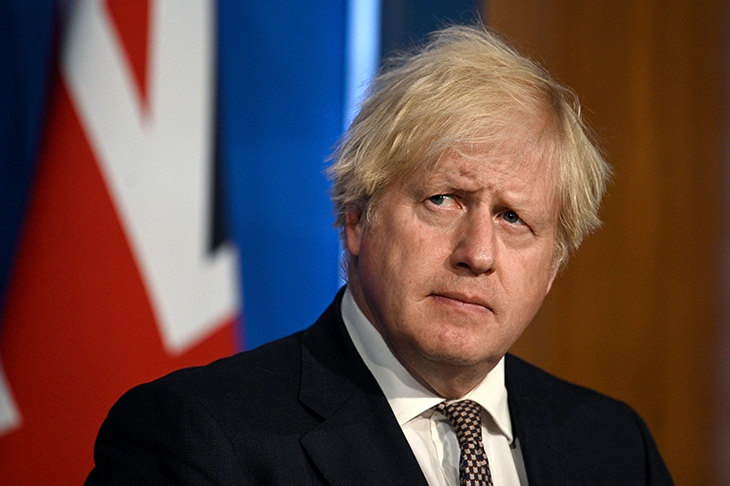
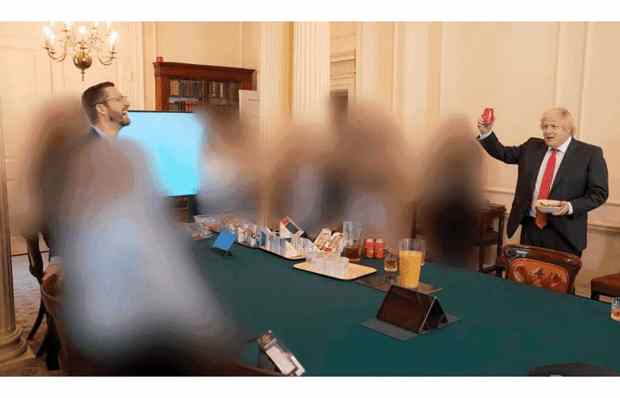
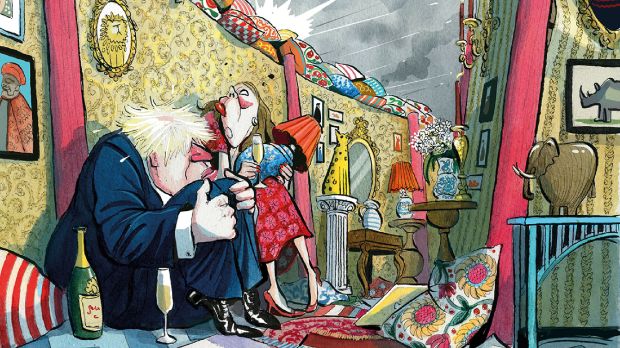
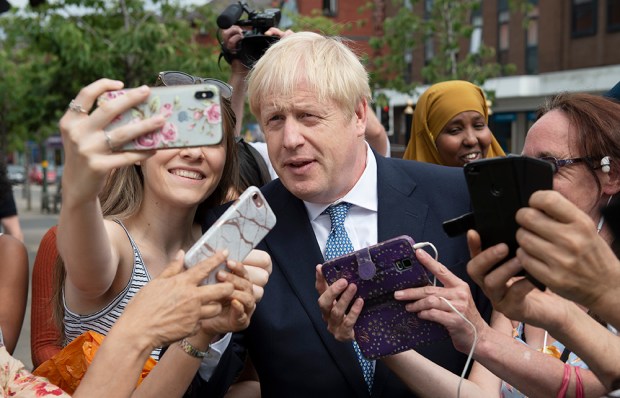


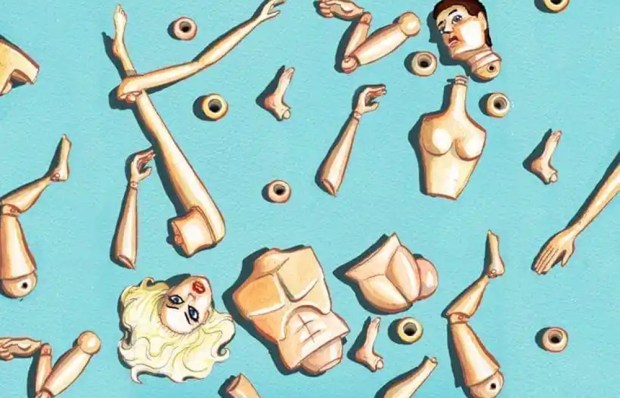






Comments
Don't miss out
Join the conversation with other Spectator Australia readers. Subscribe to leave a comment.
SUBSCRIBEAlready a subscriber? Log in